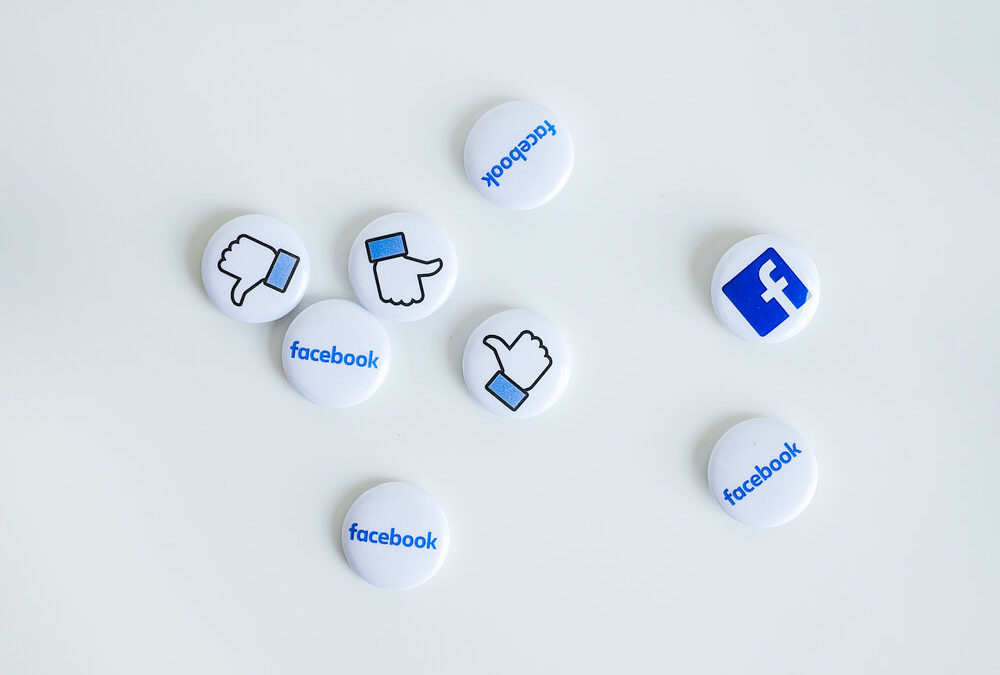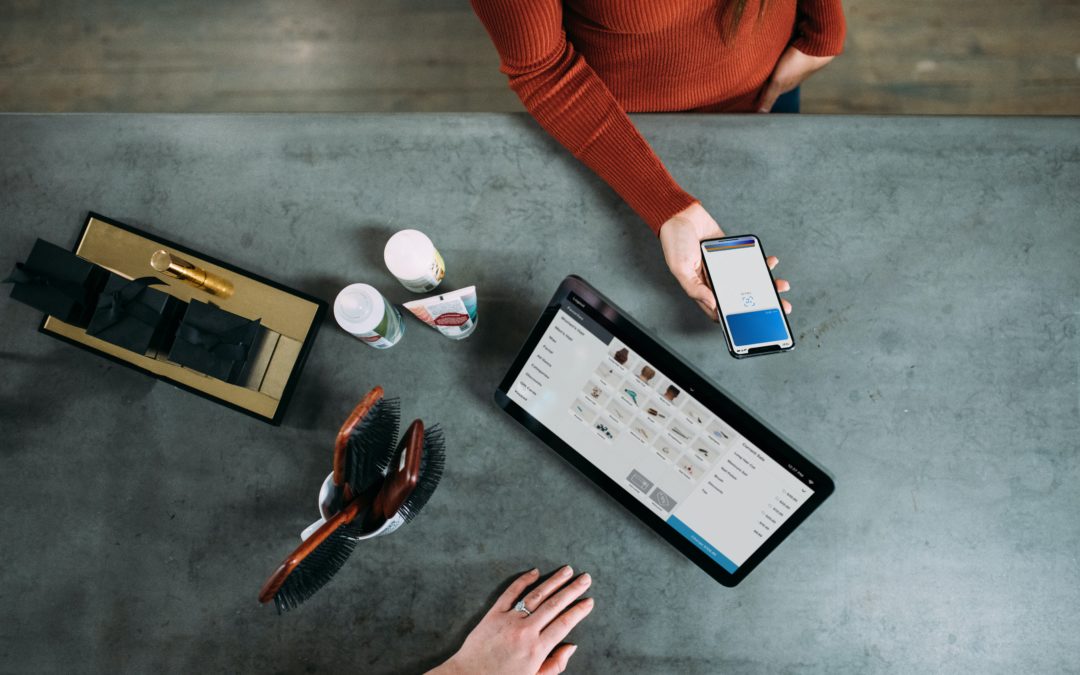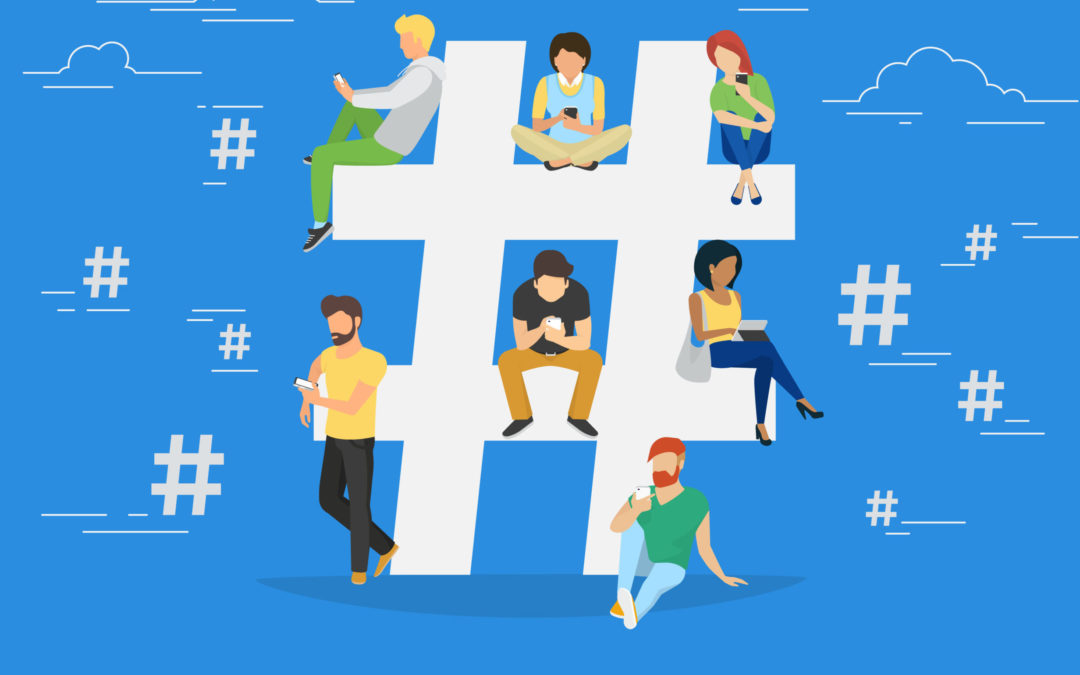
Sep 18, 2020 | Uncategorized
2020 has been challenging to say the least and especially for small business in Australia who employ around 44% of the workforce.
If your business has taken a hit during the COVID19 pandemic you may be eligible for some assistance from one of Facebook’s newly announced small business grants.
If you’re in Melbourne and Sydney Facebook has, this week, opened applications for its latest small business grants, calling on Australian small businesses to apply for financial support. This round looks to release $3 million in support. It’s part of a global program worth US$100 million! It’s projected to help around 465 Australian businesses in Australia and yours could be one of them.
The grants are up to $4,000, comprising $2,500 in cash and $1,500 in optional advertising credits to use on the Facebook platform. Remember this is a grant so you will NOT be required to pay this back.
Here’s the quick eligibility check:
- Have between two and 50 employees as of January 1, 2020;
- Have been in business for over one year;
- Be a for-profit business;
- Be in Sydney or Melbourne, where Facebook has offices in Australia; and
- Have experienced challenges due to COVID-19.
Just a quick note too: businesses do not need to have a Facebook presence (though if you don’t have one, get onto it) to apply for one of the grants, but Facebook says applicants will need to provide a business registration extract from the Australian Securities and Investments Commission (ASIC).
Applications for the Facebook Small Business Grants Program in Australia are NOW OPEN and will close on September 22. For more information: https://www.facebook.com/business/boost/grants

Sep 4, 2020 | Uncategorized
In a never-seen-before (because we’ve never been here before) event, and to offset the damage caused by the loss of advertising revenue to Facebook and Google, a mandatory news code, drafted by ACCC, the competition watchdog, and backed by all the major media companies including News Corp Australia, Nine Entertainment and Guardian Australia, looks set to try and bring into law a landmark plan to make digital platforms pay for the news content we collectively share on Facebook and search for on Google.
That is the longest sentence ever seen in a BLOG but the enormity of the repercussions, for Facebook and Google users, justifies it.
It’s important to clarify firstly that the sharing of personal content between family and friends will not be affected and neither will the sharing of news by Facebook users outside of Australia. There is also speculation, and bear in mind it is still early days, that this will only affect for profit media sites so not for profits such as the ABC and SBS would not be affected by the share ban.
But what will be the direct effect be on the user experience? For starters it means you, as a user, will no longer be able to share articles from Australian news sites. That in of itself is hard for users to swallow as around 46% of FB users get their news (from shares and media outlet posts) from Facebook. But as Google enters the fray there are concerns if this law is passed it will also result in dramatically worse Google Search and YouTube. This would be disastrous for small business and bloggers who rely on robust search engines, so they can be found by a potential audience.
There are also many networking groups who use news sites for the majority of their content which would be severely affected if sharing of news is no longer available to them. Many of these groups centre around business and politics and give the user untold social connection online.
Australia’s proposal is seen by some as an indication of where regulation may be heading. But it’s unlikely to be smooth sailing. Remember when Google News shut down in Spain in 2014 rather than comply with a law passed there requiring payments to Spanish news outlets? And then in France and Germany, they tried to force Google to pay publishers? It didn’t end well. Google News is still not in Spain, the latter battle is on-going.
Ultimately there are concerns it will have a knock-on effect to small business, and the overall user experience on Facebook, along with a concern of the kind of information Facebook users will still have access to. It is noted that if Facebook and Google remove this type of content from our feed/search engine, it also means a continuation of allowing misinformation and conspiracy theories to flourish. This has big repercussions within the online (and real life) community with an already sceptical world view.
Let that sink in. Misinformation and conspiracy could continue without being fact checked and totally unfettered.
So, watch this space for more news on this.
The bill goes before Parliament very soon.

Aug 9, 2020 | Uncategorized
Qoin for Possum
We are so excited to announce that Possum Digital is now accepting Qoin! As fan of all things digital, we couldn’t pass up the chance to move into digital currency as well ?.
With all the various digital currencies at our disposal, why did we choose Qoin for Possum? Put simply they are game changers for small business through supporting and promoting their SME network, and because small business is at the heart of their mission statement. They recognise that even though across the globe people prefer to support local and small business, especially in COVID times, those businesses often lack sophisticated payments, loyalty and rewards programs to be able to compete with the bigger businesses. Qoin challenges this with its Blockchain technology and it’s a game changer for consumers AND small business.
Why? Qoin will translate into super-fast touch-less transactions, in-built rewards programs (cos they love consumers too) as well as the peace of mind that you (the giver and received of Qoin) are in total control of your money. You see, no third party controls your money, which means no fees and no extra cost when you want to use it. But does that mean it’s not regulated (in the traditional sense) and therefore insecure? Absolutely not. Qoin specifically have factored this into their product and the digital wallet use is safe and secure with Face ID, bio-metrics and pass codes making it safe to us and your account gives you access to all the approved merchants.
Qoin also have super cool additions that put it head and shoulder above the rest. Things like a full run down of merchants (they can even walk you to the business) and QRewards for your transactions, because we all love it when our money goes further.
As a business using Qoin just makes sense, and taking that next digital step important to staying competitive and relevant in today’s digital landscape.
We are so excited to take this step and can’t wait to start bringing Qoin to our Possum community!

Jul 23, 2020 | Uncategorized
Even though Facebook launched hashtags in 2013 they never really took off in the same way Twitter did. Even though they was a time when hashtag popularity dropped off it’s now back with a vengeance and to ignore it would could mean missing a huge opportunity for your brand and your business. So what proof do we have that hashtags will actively improve the reach of your post? Put simply, Facebook told us so.
In addition to hashtags being a great way to tell a story (and for your audience to follow that story) they are now an active way to expand your brand on social media, and a new string on your strategy bow.
So let’s re-hash some of the basics: There are myriad categories of hashtags you can use on this platform but let’s focus on the two most prevalent used and the most successful for expanding your business: trending and niche.
Trending (shouldn’t need an explanation but we’ll give it anyway ?) are hashtags that are being currently used particularly as part of a popular or prescient issue/product, check out Lululemons #thesweatlife as a great example. Other brands are using trending hashtags to capitalise on that popularity or to start their own conversation on Facebook.
Niche, is about YOU and your brand, these are great as you have fewer posts to contend with and are more likely to target your audience base. This needs to form part of your storytelling strategy but it gives you flexibility (unlikely the changing landscape of trending hashtags) to control the narrative of your brand.
More importantly what ties these two hashtags together, and what needs to become your best (and a habitual) asset, is regular research and intuition of when to apply these hashtags to your content. This may take a little time (investment) in determining what works for your content and your brand. Start that habit now as it can take some time to add it organically into your strategy. Also don’t forget on Facebook you can use the ‘Search’ function to see what hashtags are being used and by whom.
What’s pretty cool on Facebook though is they are testing “Create Posts,” to encourage the audience to add to the story, this means if you see a hashtag on a post, Facebook will offer you a challenge to create your own post using that hashtag. They’re also testing a “Browse’ button, whereby you can follow that specific hashtag down the rabbit hole to see where it takes you.
All this makes for interesting hashtag times on Facebook for your brand and it’s important to capitalise on this and start NOW (even to just try different hashtags) to see what tangible difference it makes to your post reach.

Jul 9, 2020 | Uncategorized
It’s no secret to many but the words “boosted posts” sends shivers down our Digital Marketing spines. If you have a couple of bucks spare to throw down the drain for a small boost on a localised post by all means throw it, you might get an ok return (or you might not) from that small audience. BUT please if you do one thing in 2020, don’t spend your hard-earned cash on a HUGE boosted post spending spree and we’re gonna tell you why.
Let’s think of advertising in general in terms of sugar! We all love it, we all love to hate it and it’s incredibly addictive.
So with that in mind a boosted post is like a sugar hit, it’s a quick high that sates your “short term goal” of getting more likes. You are momentarily romanced by the big post reach, the extra shares but in reality it doesn’t increase your bottom line, create better brand awareness or generate better leads. Why? Because it’s fleeting, like a sugar high.
So as it should be in real life, it’s time to ditch the sugar and step back and look at the bigger picture. For the purpose of this great analogy – FB Ads are the “Keto” of marketing.
FB Ads (Keto) isn’t just a different way for your body (your brand) to adjust to no sugar (boosting) and converting your fat for energy (lead generation) it’s a “whole life’ adjustment to the way you view FB marketing.
What we love about FB Ads isn’t just the ability to dissect the analytics after a campaign it allows you to hone in on your existing audience while bringing in new leads that allow you then you build on that information.
FB Ads also allows you to diversify your objectives.
To put it simply – Boosting only gives you two options for your objective—website visits and engagement. When you engage in a FB Ads campaign (using Ad Manager), you can select an objective: awareness, reach, traffic, engagement, conversions and then build on it.
There are more tick boxes in a FB Ad than options for artificial sweeteners which gives you options, options give you a broader scope and a this results in more leads. Simples.
So don’t waste your hard earned case on boosting, invest it in FB Ads.





